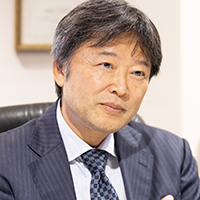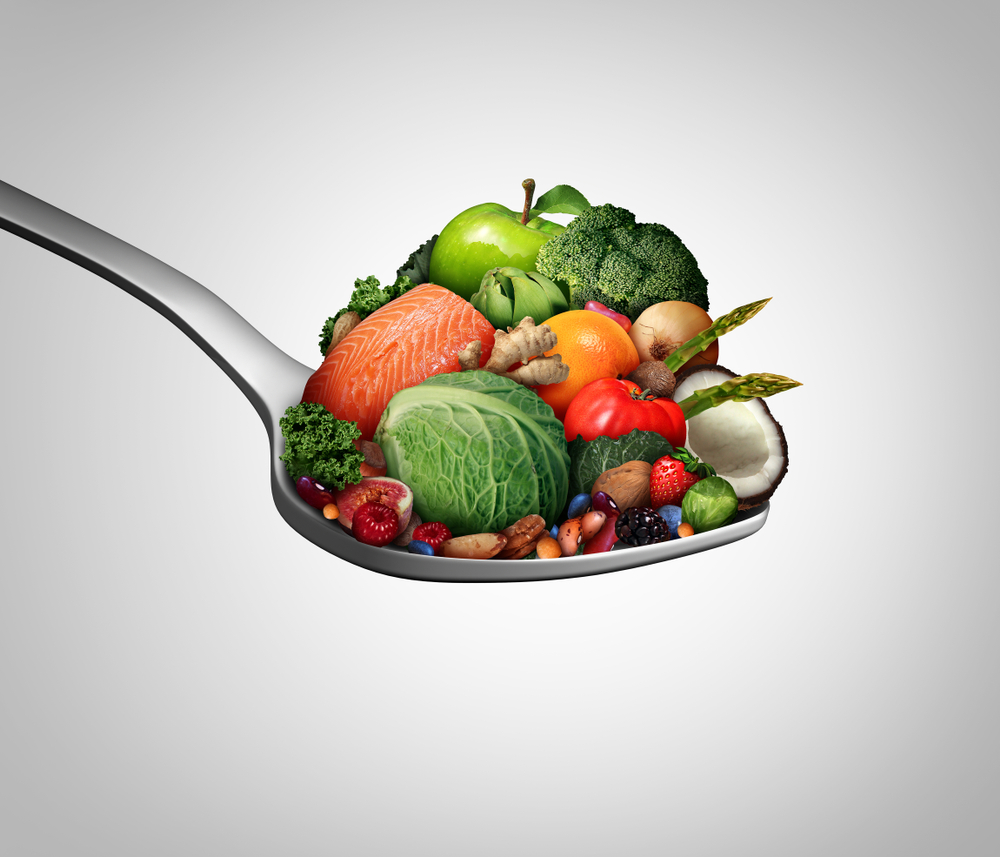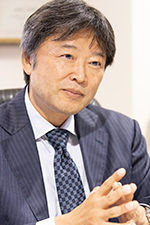Know the difference between supplements and medicines

First of all, what you need to know is the definition of supplements. Many people think that vitamin tablets are prescribed at clinics or sold at pharmacies, just like medicine.

Mr.
Supplements are "food".
Although not required by law, foods that are sold as good for your health and help maintain and improve your health are commonly referred to as "health foods."
Among them, tablets, capsules, and granules in which specific ingredients are condensed are called "supplements".
Since supplements mean "supplement" and "supplement", they are foods for supplementing nutrition that tends to be insufficient with diet alone. Even if it looks like a drug, it is not a drug, so its effects and effects cannot be displayed.
However, the product packaging of the supplement clearly states the ingredients and ingredients. Merely a food supplement the meal, not intended for the treatment of disease it is important to understand that.
"Drugs" are strictly defined by law as "pharmaceutical products." That is the decisive difference between supplements and drugs.


Mr.
More specifically, drugs are those classified as pharmaceuticals or quasi-drugs under the Pharmaceuticals and Medical Devices Act.
Besides, Kampo medicine is a medicine made by combining natural herbal medicines based on Kampo medicine developed based on traditional Chinese medicine, which is also classified as a medicine.
These medicines have been approved by the Ministry of Health, Labor, and Welfare for the effects and effects of the active ingredients, and are intended to be used for the treatment and prevention of diseases.
Similarly, quasi-drugs contain ingredients that are effective for the effects and effects approved by the Ministry of Health, Labor, and Welfare in a certain concentration, and are made to prevent illness.
First of all, I would like to understand that supplements, unlike medicines, are not intended to treat or prevent certain illnesses or symptoms.
"Base supplements" are the foundation of a healthy body
In a word, supplements are roughly classified into base supplements and optional supplements.

What is made of the ingredients necessary for maintaining our health is called a base supplement. Also, supplements that are not originally found in the body or are taken when you want to improve the quality of your health are called optional supplements.

Mr.
Base supplements are nutrients that are a component of our body and are supplements that contain vitamins and minerals, as well as components such as iron, copper, and zinc.
Also, coenzyme Q10, which is said to be good for eyestrain, and astaxanthin, which is said to be good for eyestrain, can be classified as optional supplements.
If you want to take supplements from now on, we recommend that you start with base supplements to build a foundation for your health.
Basically, if you take a good base supplement, you can maintain your health.
However, if you are a woman, you want to keep your skin, hair, nails, etc. clean all the time.
I want to be more beautiful, healthier, and stronger. Optional supplements are useful in such cases.
I don't need supplements !? Why should modern people take it?

I understand the importance of base supplements! However, if you keep in mind a nutritionally balanced diet daily, you may not need to take supplements.

Mr.
In the past, that may have been the case. In a laid-back, stress-free world, supplements may not be needed, but modern society is really busy and stressful.
You may have irregular meals, lack of sleep, or be busy with work.
Under such circumstances, it is becoming difficult to obtain the nutrients necessary for a healthy and healthy life at a higher level with ordinary foods alone.
The nutrients that should be taken in a day to lead a healthy life are shown in the " Japanese Dietary Intake Standards " set by the Ministry of Health, Labor, and Welfare. So, it's getting harder to meet that standard.
For example, the Ministry of Agriculture, Forestry and Fisheries' Japanese Food Guide Spinning Top specifically states "what" and "how much" to eat, but there are many types and amounts of ingredients, and it is not easy to always practice this. There is none.
If you try to secure the necessary energy and nutrients only with food, you will end up consuming a lot of total calories and consuming a lot of synthetic additives. That's why purer supplements are now supplementing the nutrients you need.
Until about 20 years ago, people who took supplements were rare and were sometimes asked, "Are you sick?" However, the quality of supplements has been improving steadily these days, and everyone's awareness of health has changed, and I think that taking supplements has become commonplace.
I definitely want to make good use of it so that I can stay healthier and cleaner.

Masashi Uwabu,
Director of Ginza Uebu Medical Clinic. Born in Shimonoseki City, Yamaguchi Prefecture in 1960. While studying at the Faculty of Engineering, Kyushu University, he changed his mind to the role that doctors should play in society and entered the Faculty of Medicine, University of Occupational and Environmental Health. After graduating, I was involved in treatment at Yokohama Municipal Hospital Surgery, Kitasato University School of Medicine Critical Care Center, Mashiko Hospital Internal Medicine, etc., but I felt that there was a limit to the methods of early detection and treatment of illness. Under such circumstances, he encountered anti-aging medicine and discovered the possibility of patient-oriented medical care to prevent the onset of the disease. Learned the state-of-the-art treatment program at The Salerno Center in New York, USA, and introduced it to Japan.



Post a Comment